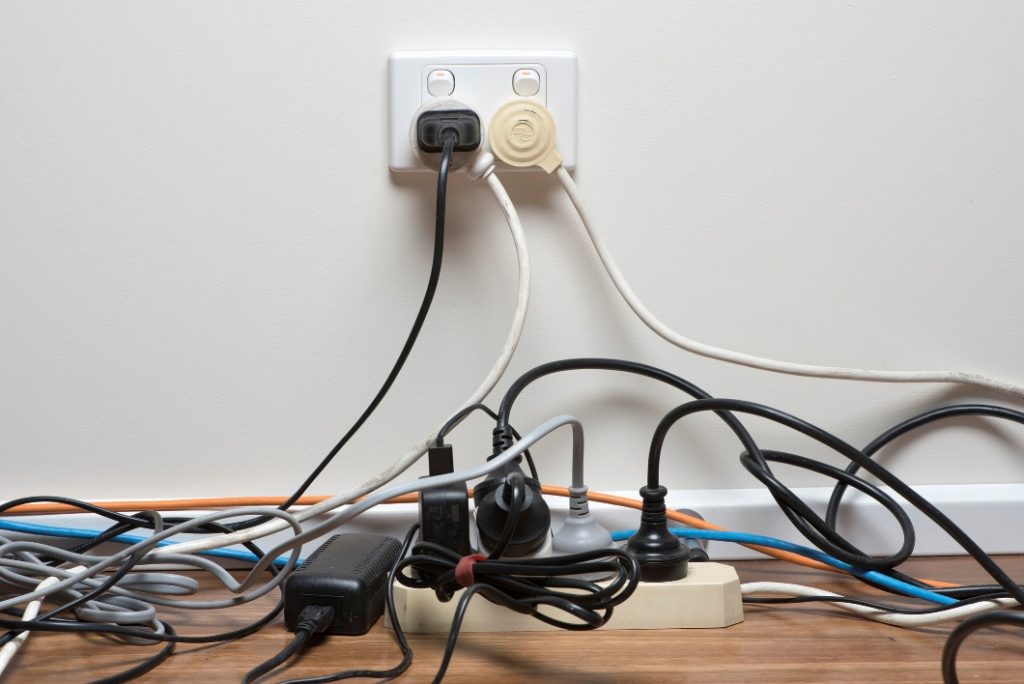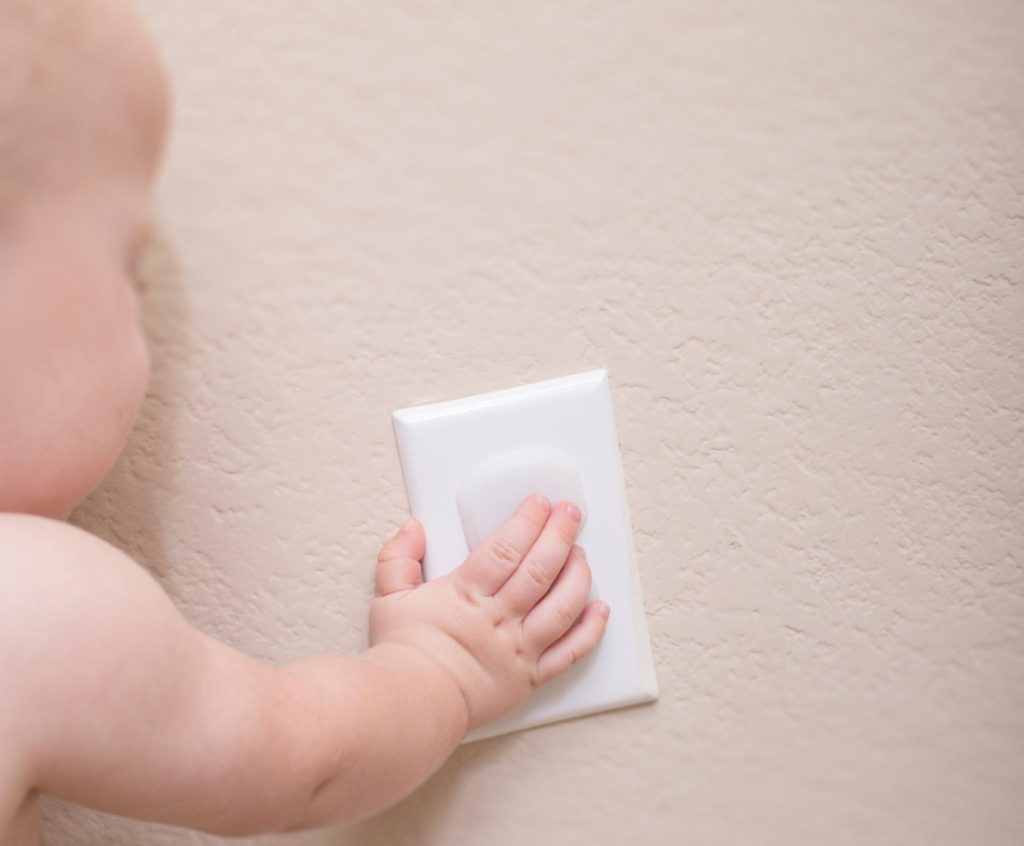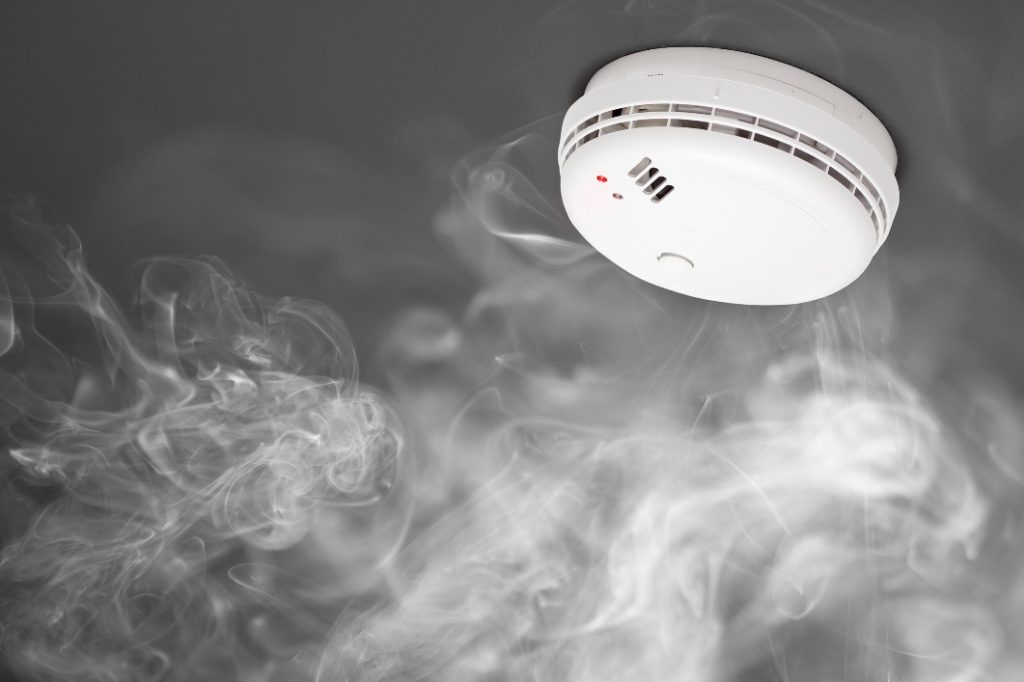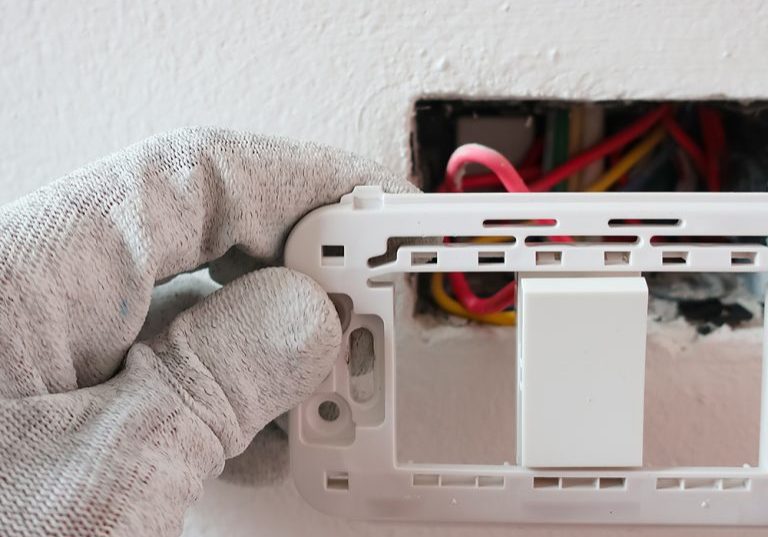Your home is your haven, where you feel safe and secure. However, there are hidden dangers that could jeopardise your well-being – electrical hazards. Electricity is an indispensable part of our lives, but it can pose significant risks.
Ensuring electrical safety at home is not just about following guidelines. It’s about creating a secure environment for you and your family.
In this blog post, we will discuss how to avoid electrical hazards and maintain a safe living space.
Understanding Electrical Hazards
Before delving into practical safety measures, it’s essential to have a basic understanding of electricity. Let’s understand what we’re up against:
Electrical Circuits
Understanding your home’s circuitry is crucial for safety. An electrical circuit is a closed loop through which electricity flows. Familiarise yourself with the circuit breaker or fuse box and know how to shut off power in case of an emergency.
Electrical Appliances
Every electrical appliance has a power rating, measured in watts or kilowatts. Ensure your appliances are within the capacity of your electrical circuits to prevent overloading.
Electrical Outlets
Regularly inspect your electrical outlets for signs of wear or damage. Loose sockets, exposed wires, or scorch marks are warning signs that require immediate attention.
Preventing Electrical Hazards at Home
Now, let’s discuss practical steps to safeguard your home:
Regular Electrical Inspections
Schedule annual inspections by a certified electrician to detect and address potential issues.
Look for signs of wear and tear, like frayed wires or loose outlets. If you find any issues, address them promptly.
Proper Wiring and Outlets
Ensure your home’s wiring is up to code. Make sure that your house wiring and outlets are protected by RCDs (Residual Current Devices).
Proper Extension Cord Use
Extension cords are handy but shouldn’t be used as permanent solutions. Avoid daisy-chaining multiple extension cords, and ensure they are in good condition.

Unplug Appliances
Regularly inspect appliances for damage. Be sure to unplug devices when not in use, preventing unnecessary electrical consumption.
Childproofing
If you have children, install safety covers on electrical outlets to prevent accidental shocks. Keep cords and wires out of reach to avoid tripping hazards. Use outlet covers to protect curious children.

Water and Electricity Don’t Mix
Keep electrical appliances away from water sources. Bathrooms and kitchens are particularly vulnerable areas. Installing RCDs (Residual Current Devices) throughout your home will ensure that you and your family are safe.
Smoke Detectors and Fire Extinguishers
Install smoke detectors and smoke alarms on every floor and test them regularly. Have fire extinguishers within easy reach. Make sure your family knows how to use them.

Electrical Panel Maintenance
Your electrical panel or switchboard is the heart of your electrical system. Make sure it’s easily accessible, and label each circuit for quick identification during emergencies.
Professional Inspection
Consider having your electrical system professionally inspected every few years. Certified electricians can identify potential hazards that may not be visible to the untrained eye.
Stay Safe with Electrical Services by Volt Air
Electrical safety at home is a collective effort. By understanding the basics, implementing safety measures, and being prepared for emergencies, you can significantly reduce the risk of electrical hazards. Your home is a place of safety and comfort, free from electrical hazards.
We hope this guide has equipped you with valuable knowledge to protect your home from electrical hazards. If you ever encounter complex electrical issues or require professional assistance, don’t hesitate to contact a certified electrician.
For expert electrical services and peace of mind, consider Volt Air Electrical. Our team of certified electricians is here to provide expert guidance, ensuring your home remains a haven. Contact us today for a consultation and ensure the electrical safety of your home.
